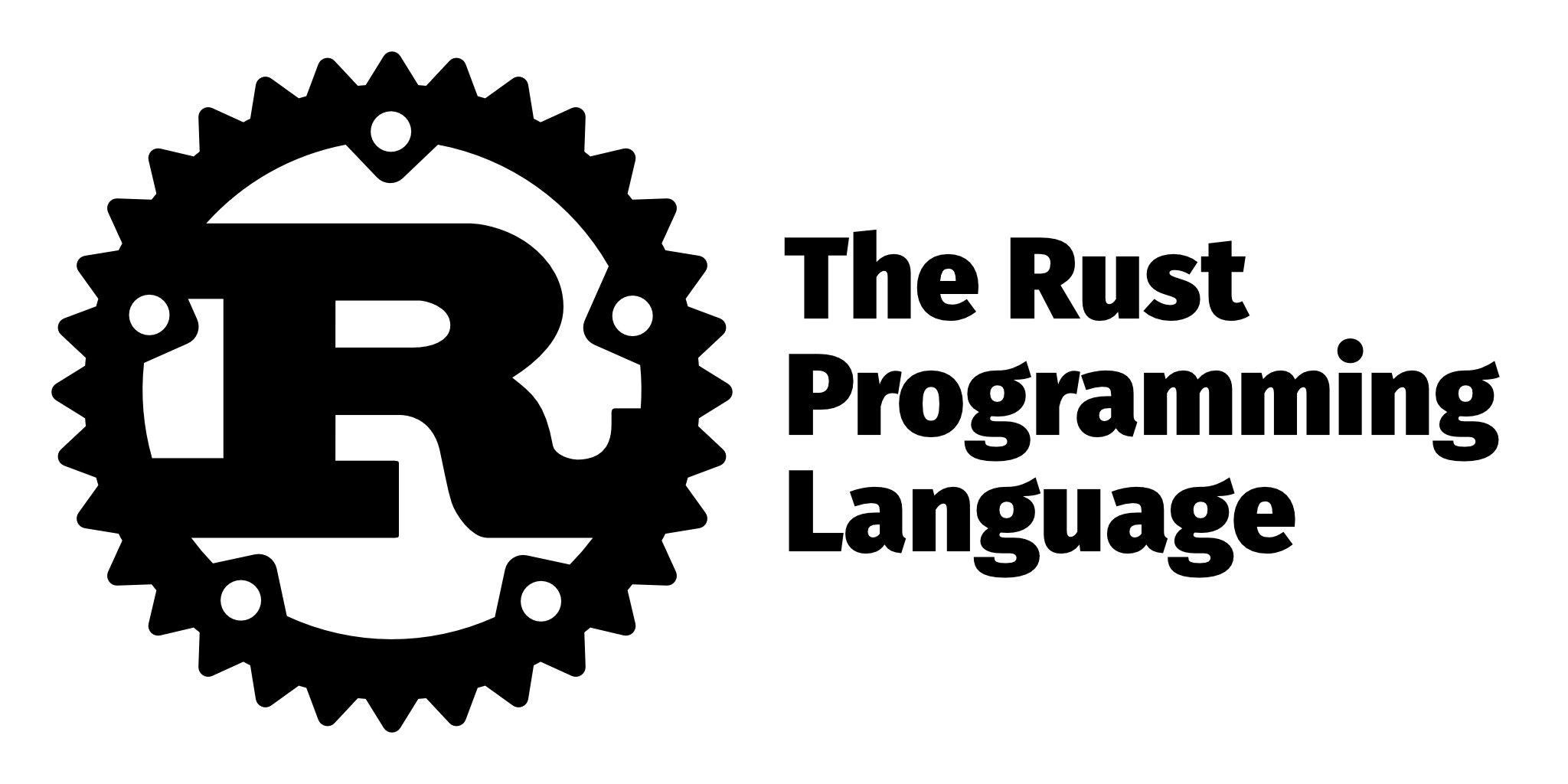Programming languages have taken over most sectors of society, including research and medicine. Rust is one such multi-paradigm, structured programming language designed by Graydon Hoare in 2006 when he was an employee at Mozilla. It is best known for its better safety, accuracy, and concurrency features.
The latest stable release of rust, Version 1.48.0 was made on November 19, 2020, with additional and improved features like better linkage in the Rustdoc library documentation tool. Initially, Rust was recognized to be a remarkably elegant language, as expressed by Andrew Binstock of UCLA in 2014. This adoption had slowed down since the company has repeatedly switched to newer versions in a very short time.
As part of the recent events caused by the Covid-19 pandemic, Mozilla had to lay off a large number of people from the Rust community. However, it does not change the fact that the future of rust will be safe since most of the top-notch MNCs and program developers are dependent on rust as compared to other programming languages. As per a survey by StackOverflow, rust has been the topmost programming language used by the software developers for almost 4 years now, followed by typescript and python.
The reason why rust is becoming so popular among the scientific community members is its speed which is better than regular languages such as C and C++, and as expressive as Python. Earlier, the scientists were dependent on languages such as Matlab, Python, and R for the analysis of scientific data, which is quite time-consuming. As an alternative for faster results, many turned to C and C++. The problem here was redundancy and memory safety. Hence, Rust came as the best possible solution for the researchers as it combines the speed and accuracy of C++ along with the data exploration features of Matlab and python. In addition to this, it provides the best memory safety features which reduce the risk of security breach. It is being used for developing new tools for gene-expression, taxonomic profiling, and code experimentation.
Rust is an open-source project which actively recruits volunteer coders on a regular basis, who manage its code base and regularly make advancements by adding in new features. Apart from this, Rust is widely used for developing new video games, file systems, virtual reality, and much more.





